Issue 10 : 22 July 2018
Talofa Lava, Kia Orana, Malo E Leilei, Tena Koutou, Hello ...
... and welcome to the latest issue of “For The Love Of The Game”, the official e-zine of the New Zealand Amateur Sport Association Inc. We hope you enjoy reading the articles below.
If you have any feedback on this issue, ideas for future articles, or would like to contact the Editor, please click here. And, you are invited to forward the e-zine to others you know, who may be interested in reading it.
If you are interested in applying for membership of the Association, please click here.
Hutt City Council Joins Association ...
The Hutt City Council is the latest Local Authority to join the Association. The Council is the governing body for a population around 100,000 Hutt Valley residents (around 2% of New Zealand’s population), making it the 7th largest district in New Zealand.
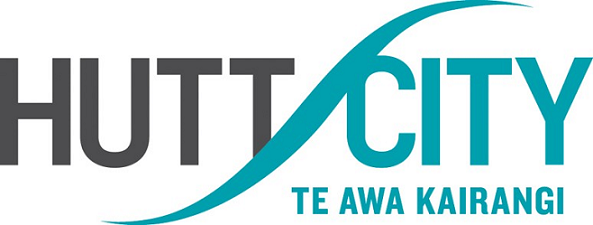
The Council is responsible for parks and recreation facilities in support of amateur sport in the community from Wainuiomata and Eastbourne in the south, to Stokes Valley and Haywards in the north. In joining the Association, Hutt City notes that it is “very supportive of amateur sports and is keen to see growth”. The Association welcomes the Council's involvement.
Priced Out From Participation – Of Any Kind ...
As reported in our last edition, wealth inequality is becoming an increasing issue for amateur sport participation. A recent UK report has highlighted that professional sports are also becoming more expensive and elitist. As a result, the report highlighted that everyday fans will have to spend more money, just to stay connected.
The report also suggests that “being a fan [of a professional sport] will become a luxury”. 75% of those surveyed said they are held back from watching live sports because of ticket prices, with 80% saying tickets are over-priced.
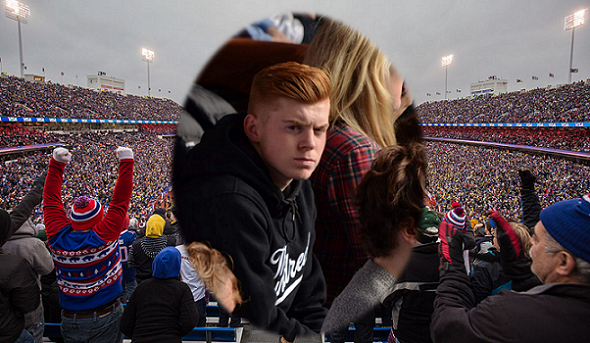
For those born in the digital age, the internet has broadened their opportunity to explore niche sports in preference to traditional sports, with one-third suggesting that football (in the UK) will not be the country’s dominant sport in 10 years’ time.
The report goes on to note that "in 2013, there were 74 million e-sports fans around the world – a figure which had grown 65% by 2015. In the same year, people spent 1.5 billion hours watching Activision games being played, compared to the NFL’s seven billion."
You can read the full report, by clicking here.
The Final Whistle …
The financial plight of community Rugby Union in the Bay of Plenty was recently described in the autumn 2018 edition of Tauranga’s “Journal” magazine.
The article noted that “community rugby is a sanctuary soothingly devoid of TV and sponsorship deals, commercial persuasion or subliminal advertising. It’s a place that embodies community support and selflessness on a weekly basis – showcasing there is more to the sport than 15 jerseys on a field”. The purpose of the article was to note that the sport in Bay of Plenty is experiencing a dearth of commercial support.
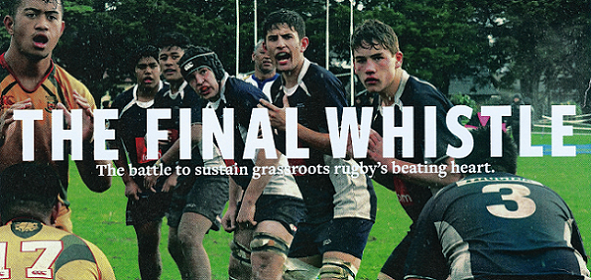
In an era where there are fewer large New Zealand owned and operated commercial entities, sponsors are either less able to provide support for local sport, or less willing to do so, with many export-oriented companies having their major markets offshore rather than locally.
The traditional supporters of sport in the 20th century (alcohol and tobacco) are no longer socially acceptable partners, while new growth sectors (such as technology) are targeting other sports or demographic groups who are not inclined to be closely aligned to Rugby Union.
In a practical sense, at the amateur community level, many businesses see a sponsorship not as a “partnership”, but as a “donation”. One US survey of 500 small businesses demonstrated that commercial goals were a minor consideration for sponsors of amateur sports clubs, relative to more altruistic or personal factors.
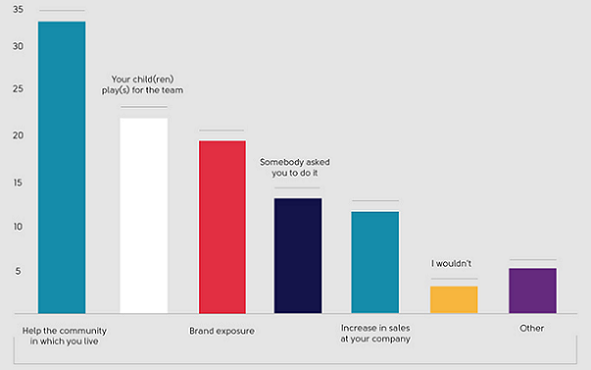
(Small businesses were asked why they support sporting organisations in their community)
In the future, "sponsorship" as "social investment" is likely to become increasingly important for amateur sport. Affinity marketing, where the values of the sponsor are seen to exist or be reflected in the club or organisation being sponsored, is a more likely proposition, rather than focusing on increased sales.
The Voluntary Service Of John Stewart Grace ...
Amateur sport needs its role models. As an exemplary community volunteer, John Grace (a former civil servant in the Department of Health), provides a worthy example for all involved in supporting grassroots sport.
Perhaps his most valuable role over his many years of voluntary sporting service, was as Welfare Officer for the Wellington Rugby Referee’s Association. The title of the role itself suggested a level of altruism that went beyond simply volunteering his time in the pursuit of a sporting interest; rather it suggested volunteering his compassion to assist current (and former) members of the Association work through life’s issues, which were impacting on their own participation as sporting volunteers.
The Grace family were (and still are) Petone identities. John’s grandfather Martin, was a railway-shunter at the Gear Meat Company in Petone, while his father Frank (who also worked there in a clerical role), joined the Petone Rugby Football Club in 1933, and played as the Club's Fourth-Grade half-back. He instilled a love of rugby in John and his younger brother.
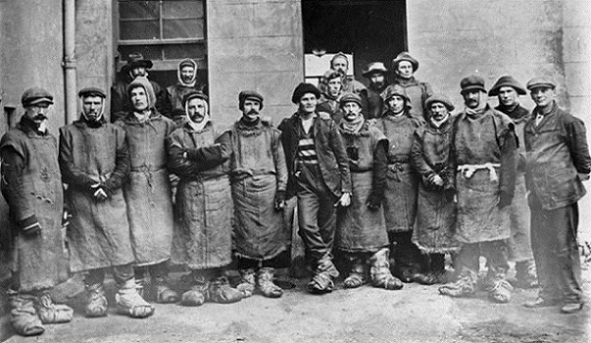
(Gear Meat Company employees in the era of Martin Grace, John's grand-father)
Like his father and brother Kevin, John was an Old Boy of St. Patrick’s College, Wellington and Petone Convent School. In his first year at College in the Sixth-Grade Rugby competition, John’s team did not experience a single victory, while in his final year at College, he was a member of the Fourth-Grade A team, which won only two of its 13 matches played that year.
John’s poor eye-sight and small stature meant he was not to be destined for higher honours as a player but following his College years he returned to the Petone Club, where he both played and volunteered his time in coaching the juniors. In 1963, John became the Membership Secretary for the club, a role he went on to hold for 44 consecutive years.
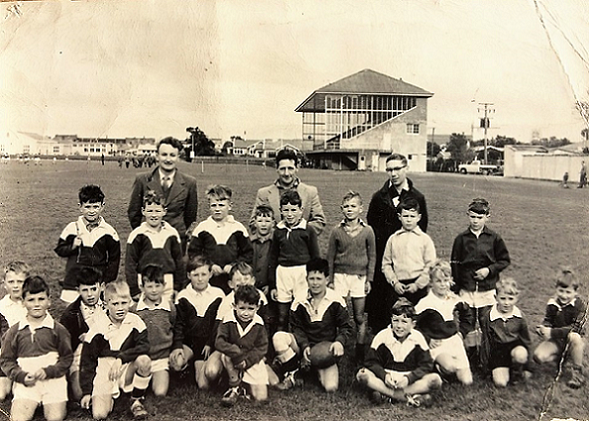
(John Grace, standing back right, as Coach of the Petone Midgets in 1959-1960)
Perhaps as a result of his Irish ancestry in Waterford, Ireland, the role of community in sport was always central to John’s participation as a volunteer both in rugby (and for the New Zealand Catholic Tennis Association). While his sporting destiny was not to achieve acclamation for his on-field performances, it was his behind-the-scenes work which provided the success for others, whose exploits were more publicly applauded.
Noted as a quiet and caring man, with an eye for detail, John was more interested in other people and their exploits, rather than his own.
John Stewart Grace (QSM) died on 16 July 2018.
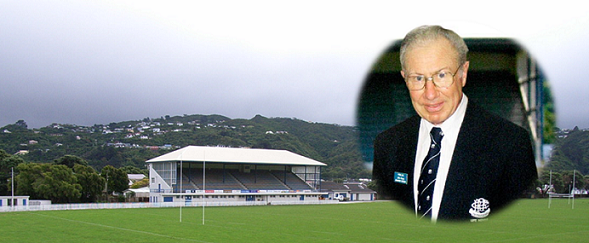
Sport Diversity Think-Tank ...
The AUT Sports Performance Research Institute of New Zealand has extended an invitation to Association Members to attend a "Think-Tank" focusing on "Diversity in Sport".

Focusing on the sports of Basketball, Cricket and Rugby, the forum will discuss sustainable sport participation, including the perspectives of new migrants to New Zealand.
You can find out more about the "Think-Tank", by clicking here.
Banning Bowling Beers ...
The DominionPost newspaper has reported on more than a dozen Wellington Bowling Clubs having their licenses to serve alcohol to members opposed by New Zealand Police. The paper also reported other Wellington sports clubs having their renewal applications being opposed.

As was reported by the paper’s predecessor (the Evening Post), 75 years ago in 1943, when four Christchurch sports clubs were prosecuted for selling liquor without a licence on their clubs' premises, “it seemed an extraordinary thing that where drinking was controlled and not excessive, action should be taken. It [is] part of the social life of the clubs.”
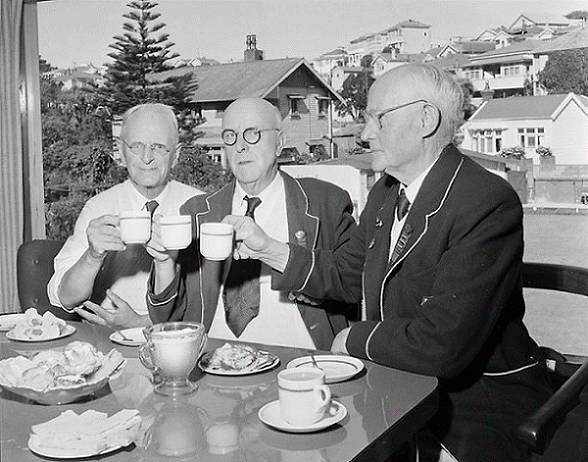
(It might be back to post-match cups-of-tea for many amateur sports clubs in the future)
In the present situation, Mark O’Connor, Chairman of Bowls Wellington has noted “most of the clubs are based around the community, they're well-run by volunteers and provide a safe environment for members and it is only members drinking there.”
You can read the full story, here.
From The Archives ...
THE AUSTRALASIAN SPORTSMAN
DOMINION, VOLUME 13, ISSUE 89, 9 JANUARY 1920
Social sentiment, besides giving the youth his opportunity, supplies him with a powerful incentive. Local patriotism is intense and personal.
It is certainly true in the case of Australian cricket - and even more so in New Zealand football - that public interest is direct, personal, and national.
Socially, sport is a career; proficiency in the individual is progress in life; to attain to high representative distinction is success. This may be the apotheosis of sport; but there it is. The player responds to the stimulus. From boyhood he is fired with the enthusiasm of a realisable ambition. His advance is rewarded in visible evidence of public esteem, his community, large or small, bestows high favour on its representatives.
In its turn, the public is exacting.
100 years ago, the essence of success in antipodean sport (compared to England), was built on the foundations of social esteem, where any sportsperson could reach the pinnacle of community applause. In the current era, where the link between the community and the peak of elite sport is increasingly tenuous, the “stimulus” referred to above is diminishing.
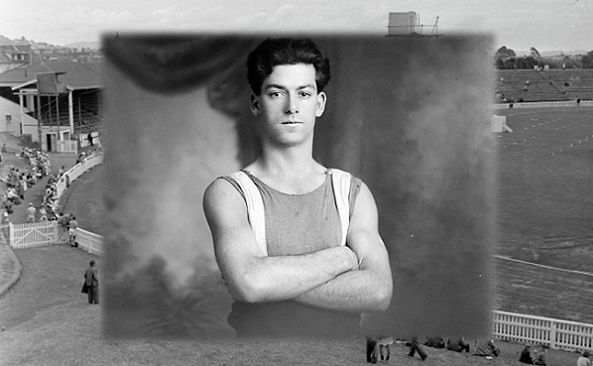
The Final Word ...
"Remember that the happiest people are not those getting more, but those giving more."
(H. Jackson Brown, Jr.)